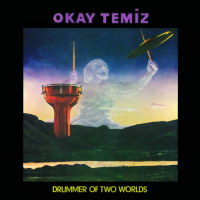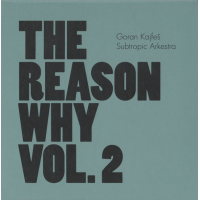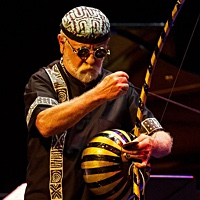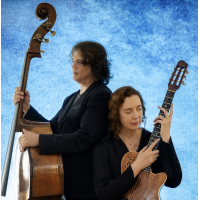Home » Jazz Musicians » Okay Temiz
Okay Temiz
In Istanbul in 1939, Okay Temiz’s mother not only gave him the gift of life, but the gift of music. He has since dedicated his life to sharing that gift with the world. Music has been playing in his DNA since birth, being inspired as a child by his mother, Naciye Temiz, who was classically trained in Turkish music. With her encouragement, he studied percussion and tympani at the State Conservatoire of Classical Music in Ankara. On launching his professional musical career in 1955, Okay continued his studies at the Tophane Art Institute. where he acquired the musical knowledge and skills that enabled him to create his own drums and percussion instruments with unique sounds and features. He now has a wide collection of self-made ethnic and electronic instruments, including a hand-made copper drum kit, the Magic Pyramid and Artemiz, which he constructed using camel and sheep bells. These add a unique and transformative quality to his accomplished musicianship and distinctive style.
Between 1959 and 1967, Temiz performed in several programmes and shows, accompanying dance music groups in Turkey. In 1967, he joined Ulvi Temel’s group and performed in some of the most prestigious music halls in Europe. This led to a move to Sweden where he met trumpeter Maffy Falay whose artistry in improvised music had a strong impact on Okay. The duo formed the group Sevda, their fascinating pulsating fusion of the striking melodies and rhythms of Turkish folk music with western jazz winning great acclaim. In the following years, Temiz provided a clear and bright musical palette for Stockholm radio stations, not to mention the Symphonic Orchestra, to which he added new sonic and percussive elements. While in both Sweden and Denmark, Temiz collaborated with highly esteemed names of the jazz scene, such as Dexter Gordon, George Russell and Clark Teery during a period full of rich musical experiences.
During that time, he met the American trumpet master Don Cherry, who was then settled in Sweden and renowned for being one of the pioneers of world music. This became a long-lasting partnership, with them performing together for years at festivals, concerts and on recordings. With the addition of the African bassist Johnny Dyani in 1971, the trio began facilitating courses at New Hampshire College, one of the leading popular music schools in the USA. That same year, they recorded a concert in Ankara for the Sonet Records label.
A year later, Temiz, together with the accomplished musicians, bassist Dyani and South African trumpeter Mongezi Feza, formed the group Xaba. This formed a significant stage in his musical career, as they rapidly gained considerable attention via three albums that could be described as an individual style of avant-garde jazz, effectively securing the group’s place in the history of jazz. Okay greatly appreciated the musicianship of his two collaborators and there was a palpable telepathic connection between them all. He has stated that these were amongst the best times of his career. The albums were released by the UK label Sonet Records in Scandinavia, the USA and the UK.
Read moreTags
Okay Temiz: Okay Temiz’s Oriental Wind Live at Montreux Jazz Festival 1982

by Matthew Hutchison
The six-plus decade resume of Okay Temiz is a landscape snapshot of someone who made the most of their professional opportunities from different angles. A sliver of the performance side has brought him partnerships with American jazz giants Don Cherry, Dexter Gordon, Art Taylor and Clark Terry, along with an array of established European and South African peers. Another angle of his creative side stems from Temiz's creation of his percussion instruments to incorporate in a standard kit, including his ...
Continue ReadingCaz Plak To Release Don Cherry & Okay Temiz's Music For Turkish Theatre On Vinyl

Source:
Matthew Hutchison
The fourth chapter in the partnership between Turkish jazz percussionist Okay Temiz and Istanbul-based record label Caz Plak is a special release that is seeing light 54 years after its inception. Music For Turkish Theatre, the soundtrack composed by Don Cherry and Temiz and commissioned by the revered novelist and civil rights activist James Baldwin for his and renowned Turkish stage actor/director Engin Cezzar's adaptation of John Herbert's play Fortune And Men's Eyes, will be released by the forefronting jazz ...
read more
Caz Plak Reissues Okay Temiz's Landmark Album, 'Drummer Of Two Worlds'

Source:
Matthew Hutchison
One of Turkish Jazz's most sought-after and sampled records is coming back to life. Caz Plak's partnership with notable jazz drummer Okay Temiz reaches a third stage with the long-awaited reissue of his landmark album, Drummer of Two Worlds. Initially released in Turkey, Scandinavia, and the United States in 1980, Caz Plak's modern reintroduction of a Turkish Psychedelic Jazz essential will see its reissue on vinyl on March 1st for the first time in almost half a century. The Drummer ...
read more















